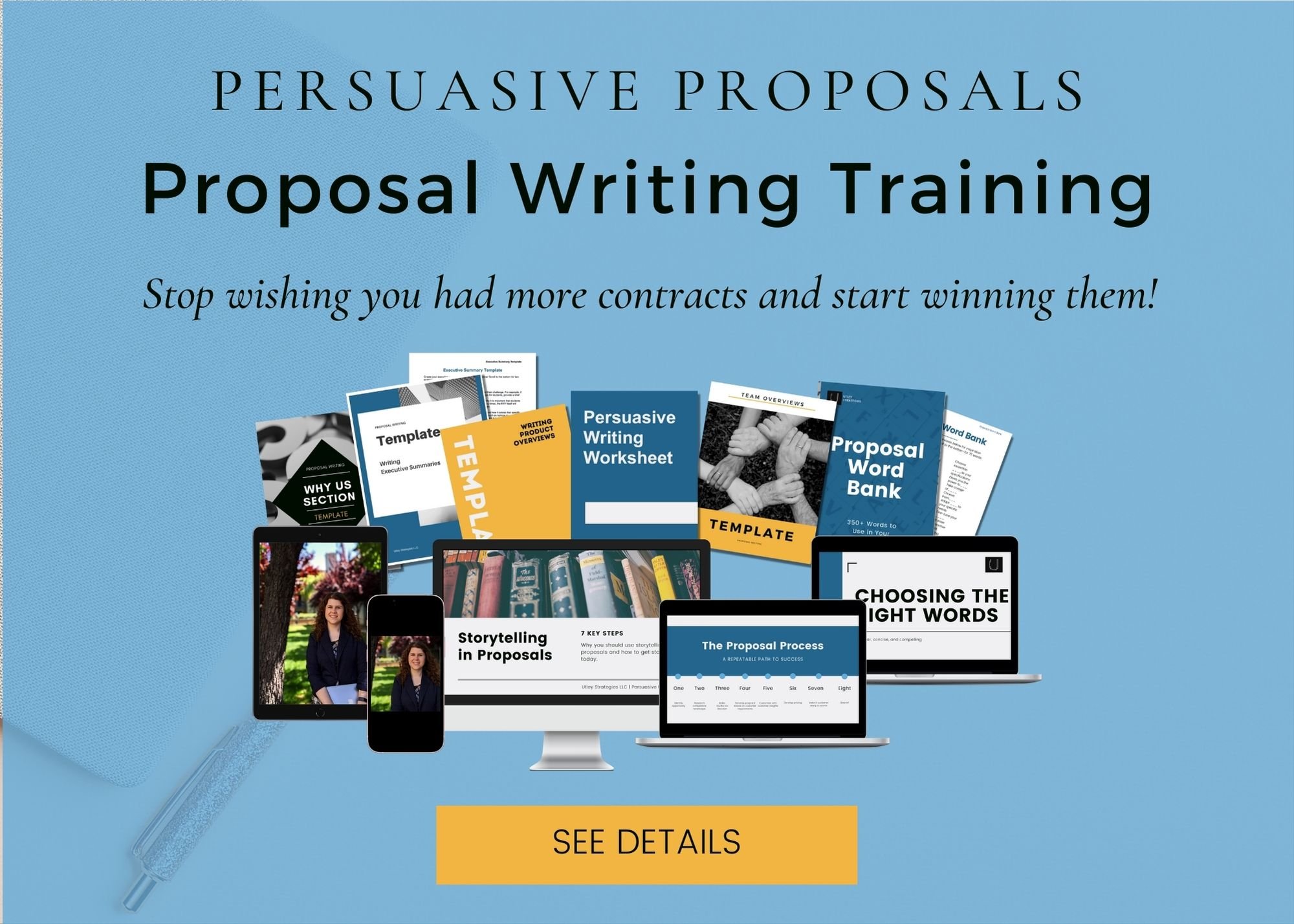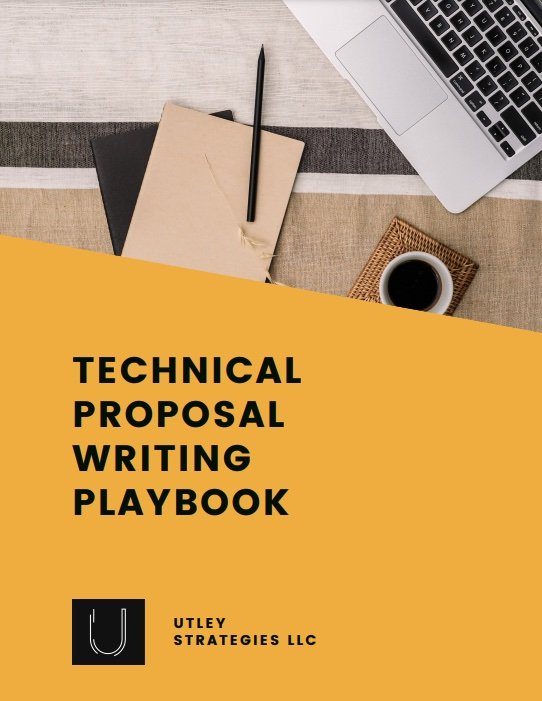11 Writing Quotes to Make Your Proposals Better
Writing proposals is hard. Many times you’re working on the content in between meetings and other obligations. There’s nothing more frustrating than staring at the page, wondering if what you’re saying will make sense to the buyer.
It may bring you some consolation to know that even professional writers struggle with putting words on the page. In their perseverance, they’ve uncovered some tactics to help make the process better and maybe even more enjoyable. Read these famous quotes on writing and how they can help with your proposal content.
"Simplicity is the ultimate sophistication." –Leonardo Da Vinci
Writing to hit a word limit in school led many of us to overcomplicate sentences and create longer pieces of writing that could actually be condensed. Break those habits when writing your proposal and follow Da Vinci’s advice to keep things simple.
Okay, he’s not exactly known as an author (more a painter, scientist, and so on), but this quote applies to most situations, including proposal writing.
“This is how you do it: you sit down at the keyboard and you put one word after another until it’s done. It’s that easy, and that hard.” - Neil Gaiman
Fantasy author Neil Gaiman has written dozens of novels in his career, which means he knows a thing or two about how to complete a long piece of writing. When working on your proposal, there is no shortcut – sometimes all you can do is keep adding words until it’s finished.
“You can’t wait for inspiration, you have to go after it with a club.” -Jack London
It’s easy to procrastinate writing proposal content because you likely have a million other things on your to-do list. Even though closing the deal is a priority, sometimes writer’s block can get in the way. In those cases, you sometimes just have to barrel through the writer’s block and put something on the page. Even if it’s not perfect, it’s better than sending out a blank document.
"Never use a long word where a short one will do." - George Orwell
This quote from Orwell is perfect for proposal writing – especially technical writing. Many writers fall into the trap of using jargon and industry terms that might be unfamiliar to the buyer. In this case, it’s better to substitute a simpler, more universal word than rely on jargon or complex terms.
"You can fix anything but a blank page.” -Nora Roberts
Similar to the Jack London quote above, Nora Roberts touches on the importance of simply writing the content. If you’re struggling to get started, create an outline or copy and paste inspiration content into your document so you aren’t staring at a blank page. Pulling from your company website, sales presentations, or even past proposals can help you get started. If you find this happens frequently, it may be time to create your own content library.
“I believe the road to hell is paved with adverbs, and I will shout it from the rooftops.” - Stephen King
In Stephen King’s book On Writing, King famously declares his dislike of adverbs. If you’ve forgotten the definition of an adverb from your middle school English class, remember that this is primarily words that end in “-ly”. King’s opinion is debated in the writing community, but if in doubt, rework your sentence or work to reduce adverbs.
(As you can see, we used plenty in this post, so don’t feel that you have to shy away from them altogether!)
“Do back exercises. Pain is distracting.” – Margaret Atwood
Who hasn’t spent the day working on a tough proposal only to realize that you haven’t stood up in more than three hours? If that happens to you, your body might start to physically hurt, which is going to make it difficult to continue. While getting in the flow of things is great, make sure you take frequent breaks to refresh both your body and your mind.
“Never write more than two pages on any subject.” – David Ogilvy
Many companies worry that if they don’t share every possible piece of information about their company and/or solution, then buyers won’t choose them. Many times, this approach actually backfires. Too much content means your key pieces of information are lost in a sea of text and buyers might actually miss out on your most compelling points.
Instead, follow Ogilvy’s advice and don’t spend more than two pages on any subject. Exceptions can be made in the case of complex solution overviews or detailed Scope of Work sections, but if you see that your company overview is five pages or you have a four page resume, it’s time to cut those down.
“A problem with a piece of writing often clarifies itself if you go for a long walk.” – Helen Dunmore
Sometimes you’ll be working on a section, trying to make it speak to the customer, but you’re at a loss for how to make it better. In many cases, taking a break by going for a walk (or even taking a shower if you’re near one) can help spark the new idea you need to complete your proposal.
“Structure means knowing where you’re going; making sure you don’t meander about. … I’m a structure nut. I actually make charts. Where are the jokes? The thrills? The romance? Who knows what, and when? You need these things to happen at the right times, and that’s what you build your structure around: the way you want your audience to feel.” —Joss Whedon
Every proposal should follow a structure, and if you’re responding to RFPs, they likely have a specific one that you should follow. Before you start writing your proposal content, outline the key sections and main points within each section that you want to include. This will help you to stay on track and avoid sharing unnecessary information. It also will reduce writer’s block and make the entire process easier.
“As a writer you should not judge. You should understand.” – Ernest Hemingway
When crafting proposals, you must understand many things – the solution, the buyer, your company, and your sales process. Unless you developed the solution, it’s easy to start to question if it’s the best fit. Similarly, if you’ve never been on the buyer’s end, you might judge some of their fears or challenges as not important.
No matter the case, it’s important to remember that your job when writing the proposal is to accurately convey how the solution will help the buyer achieve their goals.




